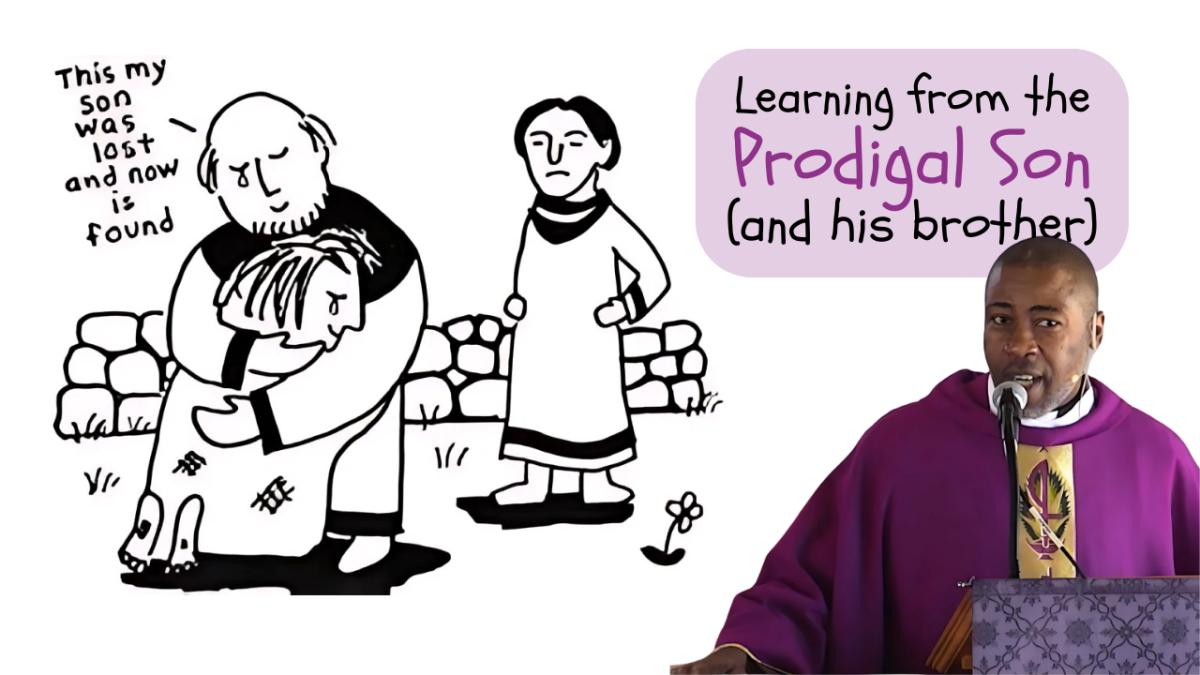 In today’s reflection, we delve deep into the parable of the prodigal son, as told in Luke’s gospel, chapter 15. This story was shared by Jesus in response to the Pharisees and scribes who were upset because Jesus was welcoming and dining with tax collectors and sinners. It serves as a powerful narrative on sin, repentance, and reconciliation.
In today’s reflection, we delve deep into the parable of the prodigal son, as told in Luke’s gospel, chapter 15. This story was shared by Jesus in response to the Pharisees and scribes who were upset because Jesus was welcoming and dining with tax collectors and sinners. It serves as a powerful narrative on sin, repentance, and reconciliation.
The Prodigal Son’s Journey
The parable begins with the younger of two sons demanding his share of the inheritance from his father—requesting what would have naturally come to him only after his father’s death. This act is tantamount to wishing his father dead. He takes his inheritance, ventures into a distant land, and squanders it all on a life without morals or boundaries.
When famine strikes, the son finds himself destitute, longing even for the food that pigs eat—a grievous position for a Jewish man to desire. In this rock-bottom state, he comes to a point of clarity and recognizes his wrongdoing. He decides to return to his father, not as a son, but as a hired hand.
True Repentance and Godly Sorrow
This moment of realization exemplifies true godly sorrow and repentance. The Apostle Paul describes in his second letter to the Corinthians that godly sorrow brings repentance that leads to salvation and leaves no regret, in stark contrast to worldly sorrow, which brings death.
Repentance is more than mere acknowledgment of wrongdoing. It is a heartfelt change in mind and behavior, a turning away from sin towards reconciliation with God and others. This genuine sorrow leads to a restored relationship, removing the burden of guilt and shame.
The Power of Confession and Forgiveness
The psalmist writes of the happiness of those whose transgressions are forgiven, suggesting that silence in acknowledging our sins leaves us burdened. Confession is good for the soul, a tool for reconciliation and wholeness, allowing us to admit our faults and ask for forgiveness.
Refusing to acknowledge wrongs and offer genuine apologies can lead to discord, as seen in historical and current events where nations refuse to recognize their past misdeeds.
Reconciliation: At the Heart of Our Faith
Ultimately, reconciliation is central to the Christian faith. As followers of Christ, we are called to convey the gospel message that we can freely confess our sins and be reconciled to God, who does not hold our transgressions against us.
In the spirit of the prodigal son, we are invited to repent truly and to rise from our rock-bottom places, turning towards a fresh start with God and one another.
Amen.
